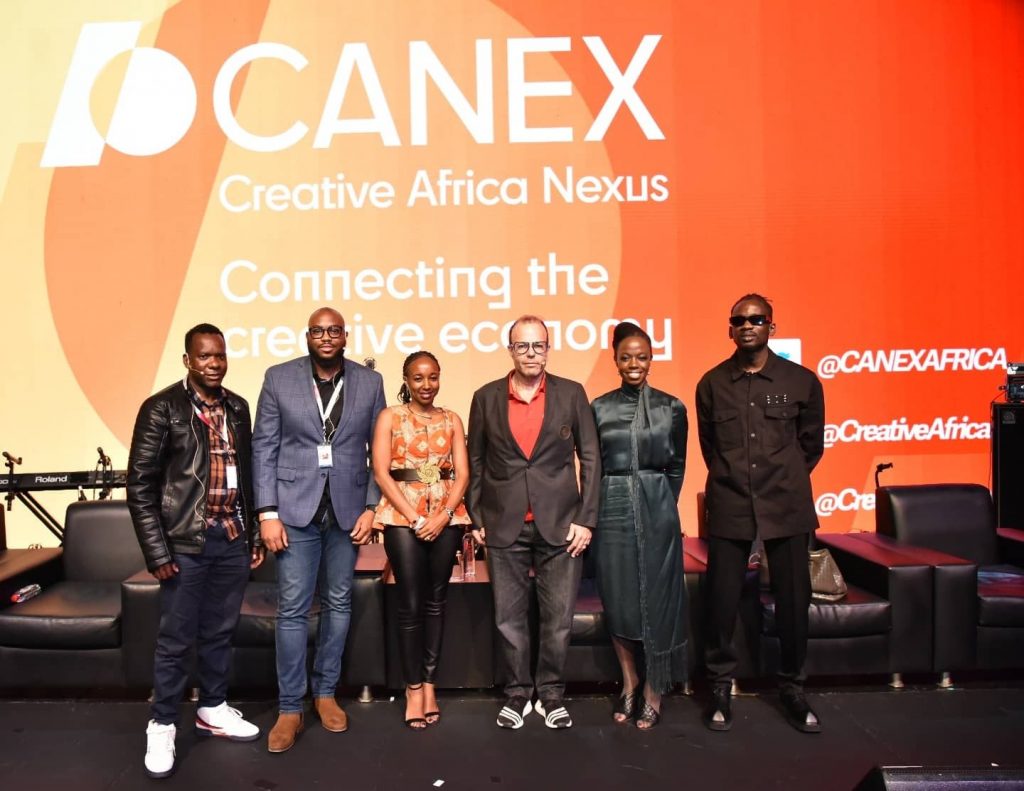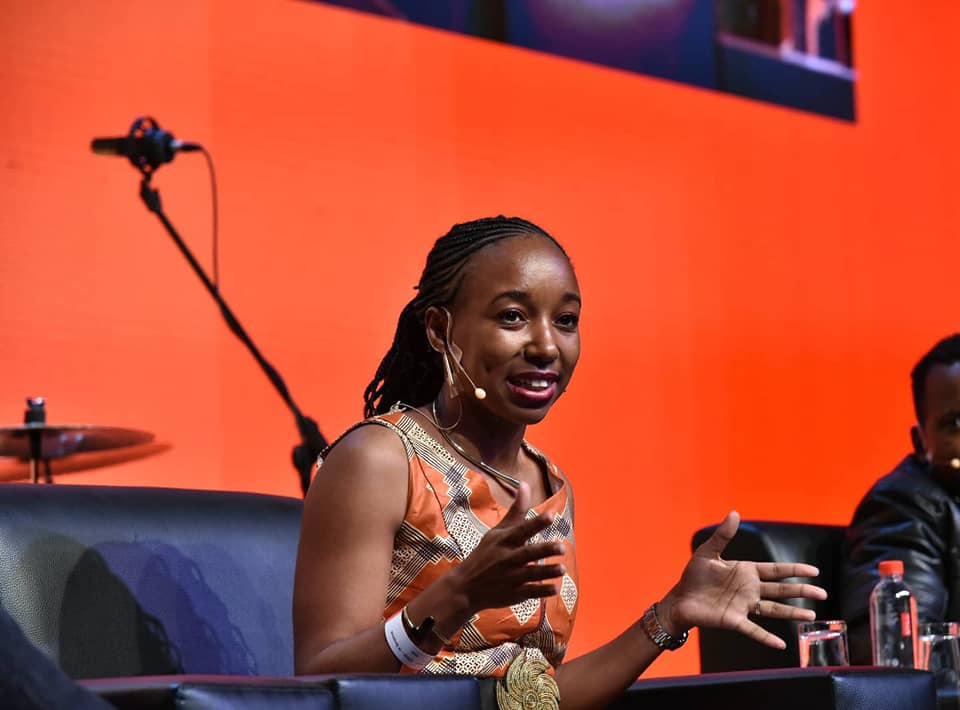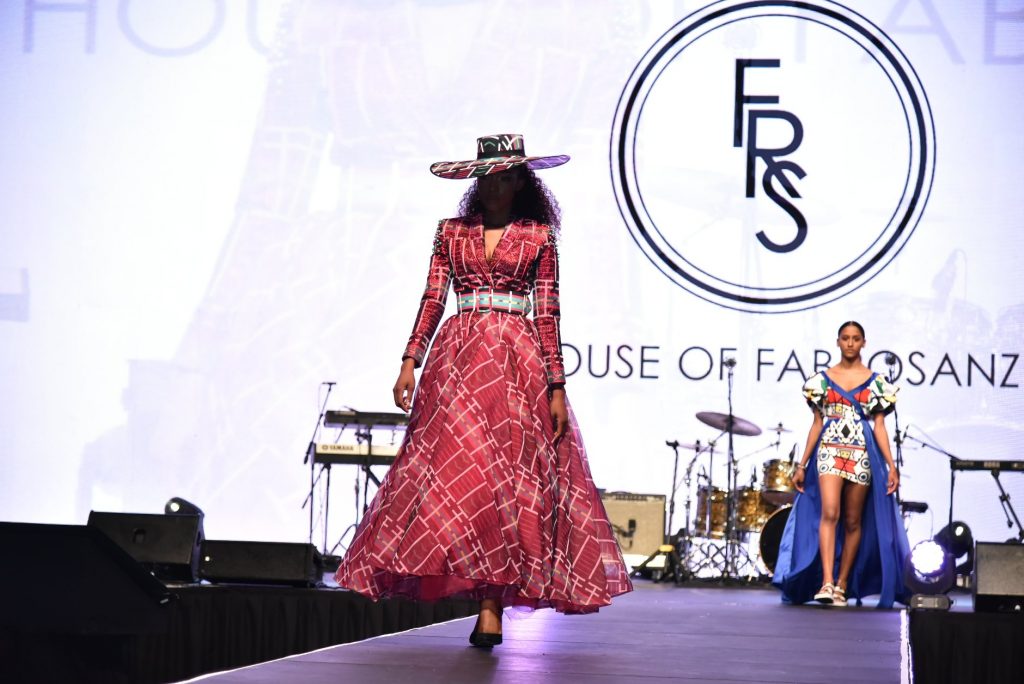Durban Escapades: IP Musings on the inaugural CANEX Summit 2021
In 2008, the United Nations Conference on Trade and Development (UNCTAD) reported a 13.9% growth rate of the cultural industries in Africa. Around this time, the digital space was still not as vibrant and as exploited as it is now. I was recently honoured to be a part of the inaugural Creative African Nexus Summit – CANEX Summit that was recently held in Durban alongside the Intra-African Trade Fair 2021 and the experience validated why the African Creative Economy conversations need to take centre stage. The interactions further opened my eyes to the great profit-making potential our creative industries have based on the innovativeness and ingenious raw talent we have as a continent. The continent has so much to offer and contribute to the global economic system. The inaugural creative economy summit was very colourful and educational. In my eyes, it was a sight to behold. Why? Because the African Creative Economy is talking business across the continent. We exchanged experiences, ideas, and hopes for the future; especially the near future.
Some of the amazing highlights include the conversations on opening up African borders to ease trade and exchange of goods and services. Case in point, the fashion industry could use more flexibility to trade in fabrics and accessories as well as enable knowledge exchange. The quest for knowledge in all sectors of the creative economy is dire, however, CANEX managed to bring all the knowledge under one umbrella.
It was interesting to have conversations with different policy and industry leaders to hear their ideas on African IP and the future for us. One of the areas of focus is the affordability of IP registration services for African entrepreneurs. The other would be the use of IP as collateral. We know that access to finance and the “bankability” of the creative economy is still an evolving conversation. Some institutions like HEVA Fund have found creative ways to make this dream a reality for creative economy entrepreneurs. However, the pool could grow and open up to banking institutions as well as savings and credit cooperative societies (SACCOs). In addition, we have efforts by another Kenyan-based organization Art@Work delving into this matter deeper and bringing Government and banking stakeholders to the table. The rationalization and understanding of collateralizing IP is still developing. One noteworthy example is the Research on New Business Models for Financing the Creative Sector conducted by FSD Kenya and Art@Work here. It is great to note that these conversations have been ongoing and now we look forward to a standardized approach across the continent.
As I enjoyed the amazing fashion show at the Summit, Traditional Knowledge (TK) and Traditional Cultural Expressions (TCEs) definitely took center stage. The “Pan-Africanism” that was evident was to be marveled at. We are more alike than we know, as Africans. And as we strive towards documenting our various TKs and TCEs, the more obvious this will become.
It is important for us to commence the documenting of our TKs and TCEs as the African States. Why? So that we can consolidate our IP and assess what we have in common and devise a policy on how we treat the use of TK and TCEs by fellow Africans. Crafted well and carefully, TKs and TCEs will be a great tool to unify Africans and be a step ahead towards achieving the “United States of Africa.” Executed poorly, this could be a tool to divide and disturb our peace. For a long while, the TK and TCE conversation has taken an “outside-in” approach rather than an “inside-out” approach. I can only make an educated guess that this strategy is based on the “appropriation” or “misappropriation” of TK and TCEs by non-Africans. But then again, have we thought about the African diaspora and how they can be part of this? Or the African-Americans and Afro-Latinas who are discovering their heritage and how they can also benefit from the TK and TCEs conversations and evolution of this rights system?
“Let’s find pragmatic ways to protect and nurture the beauty of Pan-African collaborations in the Creative Industries.”
I look forward to seeing how we shape the conversation on TKs and TCEs, the emerging sui-generis IP rights system that we have been craving for. Being part of conversations and training across the world always keeps me excited at the possibilities we can realize and the need for pragmatic approaches. After all, we operate within an ecosystem and not in isolation
Kudos to the CANEX Team and the Intra-African Trade Fair Team for putting together a great summit that enabled fruitful exchanges and accorded great networking opportunities. I cannot fail to thank the sponsors, collaborators, and the host country who supported this event and brought it to life
We look forward to the next one in Côte d’Ivoire in 2023.

“Let’s find pragmatic legal solutions to protect and nurture the beauty of Pan-African collaborations in the Creative Industries.”




Pingback:Durban Escapades: IP Musings on the inaugural CANEX Summit 2021 - Advocates.ke Insights